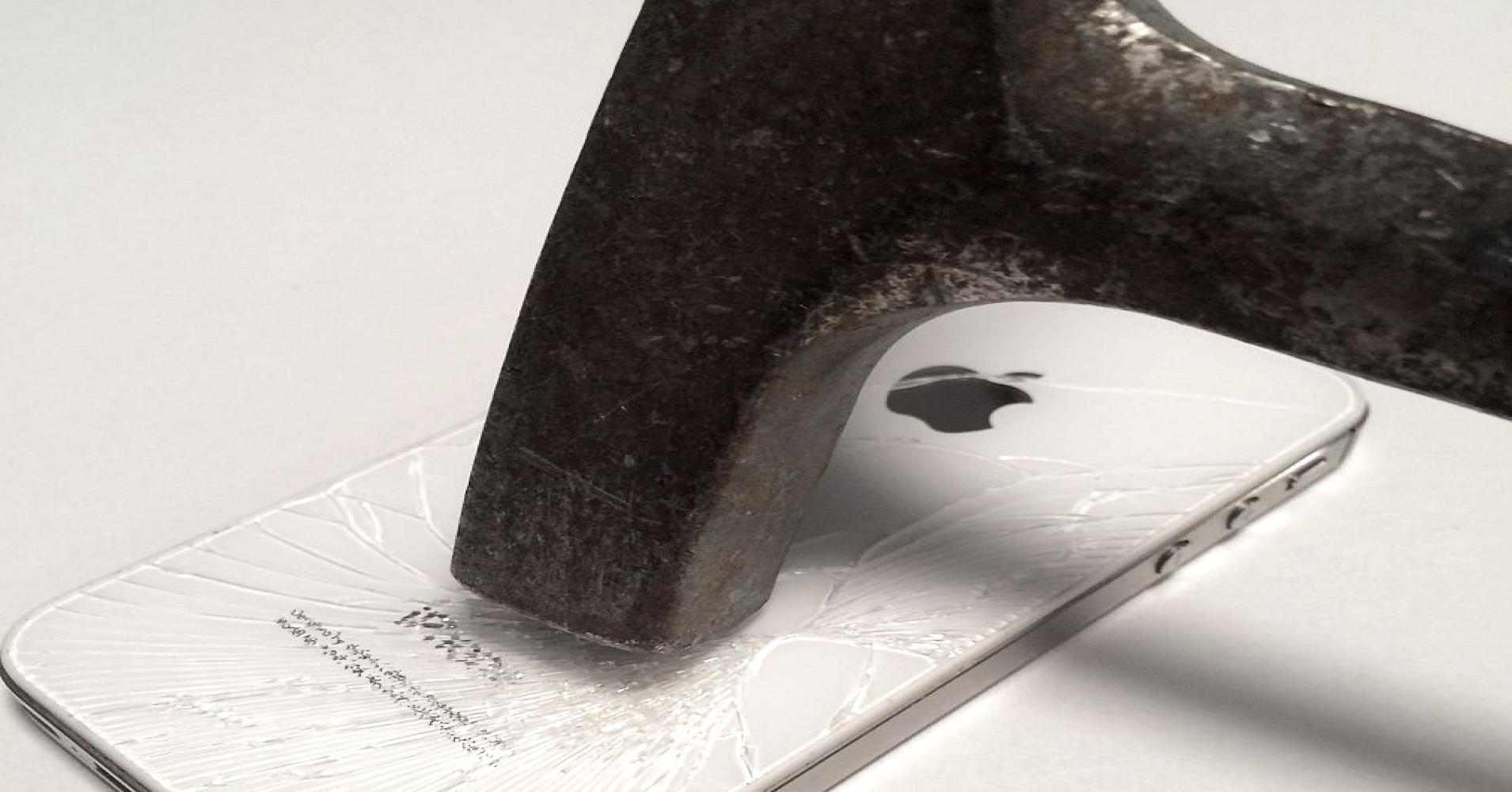
The tech backlash has gotten ridiculous.
Yes, a lot of people working at tech companies have behaved badly, and their products have flaws. In particular, tech product design has pre-supposed a zero-sum game for the user’s attention, which has created a landscape of red dots and hyper-partisan Facebook posts competing for your attention.
But when one of the biggest beneficiaries of the tech boom can’t remember what good it’s done, there’s a problem.
Billionaire investor and Facebook boardmember Peter Thiel told the New York Times that he recently had a conversation with a friend who was considering running for the governorship of California — speculation suggests it was Y Combinator exec Sam Altman — in which he asked “Why is tech good for the average person in California?” Thiel says neither he nor his friend could come up with a good answer.
Meanwhile, New York Times anti-tech columnist Farhad Manjoo reports on his experiment ignoring all news platforms but print for two months and says the experience was “life-changing.” He compares digital news to “a monster who had me on speed dial, always ready to break into my day with half-baked bulletins.”
Against this rising backdrop of negativity toward all things tech, it’s worth remembering why consumers — and investors — became so infatuated with technology in the first place.
Peter Thiel knows, but perhaps has forgotten: Technology has provided massive numbers of people with unprecedented access to information.
Or as Microsoft’s slogan in the 1990s put it, “information at your fingertips.”
I can already hear the tech skeptics sputtering “but — fake news! Filter bubbles!” So it’s worth remembering that news is a miniscule slice of the overall information landscape.
All that music you carry on your phone or stream from Spotify, which replaced hundreds or thousands of CDs that people used to stack messily on shelves and carry in their cars — that’s information.
Think of all those Netflix series and YouTube videos that teach you new skills or provide entertainment and distraction for periods ranging from 30 seconds to months.
Think about using your phone to find a nearby sushi restaurant, make a reservation, then figure out the fastest way there. Or finding out what an old friend is doing these days in hopes of reconnecting on a personal or professional basis. Or using an app at work to go back through every single interaction you’ve had with a customer and figure out why they’re refusing to buy more products from you and how you might convince them to change their mind.
These scenarios have become so common, we take them for granted. They’ve become cliches, the stuff of Super Bowl ads.
But 25 years ago, none of these scenarios were possible.
I don’t want to go back to schlepping CDs and physical maps around in my car. I don’t want to go back to 3 TV stations and 2 newspapers and a handful of radio stations that only play the same 25 pop or classic rock tunes over and over again. I don’t think many other Californians or Americans do either.
As far as digital news goes, Manjoo’s experience is a good reminder that most news is irrelevant in the moment to most people.
Most people need to know a few things that are highly relevant to their job. For instance, when I worked as an IT industry analyst covering Microsoft, I wanted to know what was going on with Microsoft at all times, so I could anticipate questions from clients, and find subjects for future reports.
Another very relevant example to CNBC: Traders and money managers want to try and anticipate long-term and instant market moves, so they keep track of a wide variety of things happening in the industries they follow.
But unless you’re in one of these specialized jobs, or you’re an editor at a digital news publication (hi), there’s no reason to track breaking news indiscriminately. It’s fine to read a few deeper articles the next day, or over the weekend. You can be informed — and, equally important, entertained — without feeling like you’re drowning.
The information explosion that tech has provided does not come for free. It means we have to do more work to filter and curate, so we can differentiate between the information we need right now, information we simply want or like, and information that’s irrelevant noise.
But it’s definitely work worth doing.

